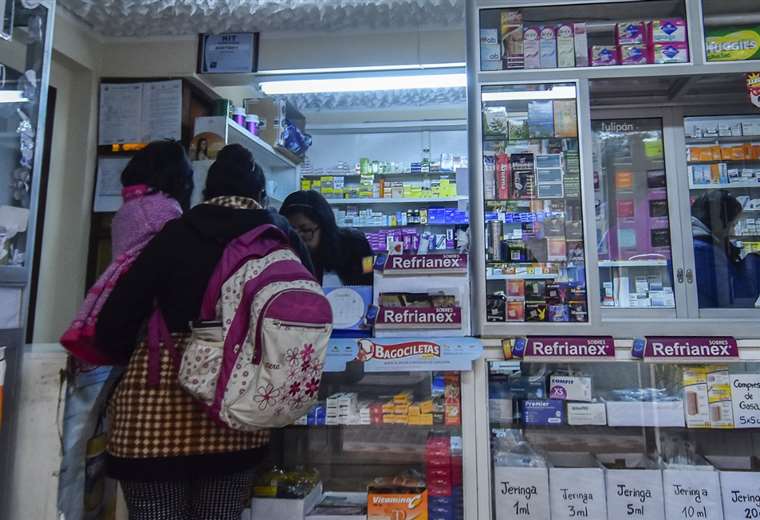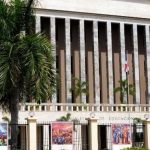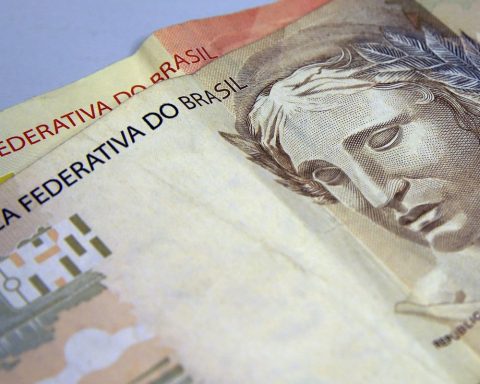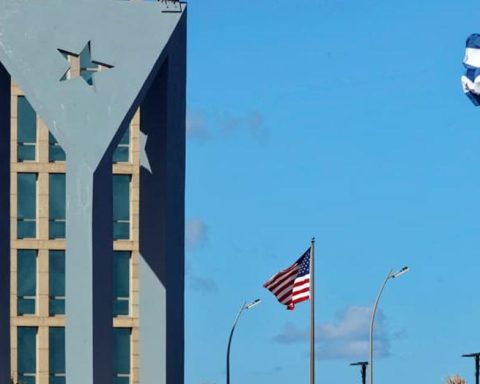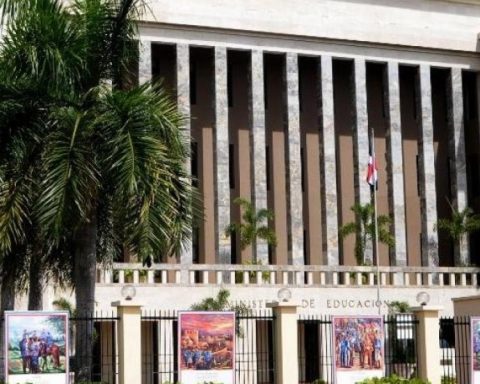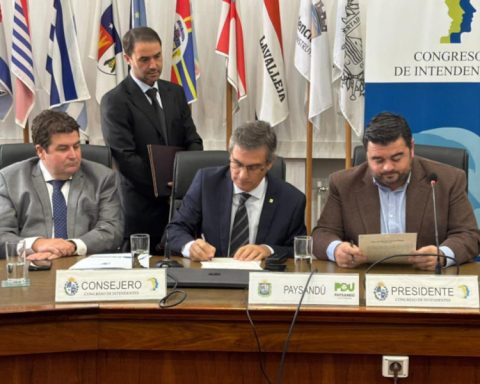NaN of Invalid Date of NaN, NaN:NaN AM
NaN of Invalid Date of NaN, NaN:NaN AM
The dollar shortage in the country has its impact on drug prices, since importers and laboratoriess raised their prices up to 30%. Given this situation, pharmacists and pharmacy owners warn that the increase will affect the pockets of families and can affect the supply, particularly imported medicines.
The Association of Pharmacy Owners (Asprofar), through its various subsidiaries, issued statements and declared an emergency before the laboratories’ announcement of an increase in products which they made known through communications. Asprofar disclaims responsibility for the increase.
“As a sector directly affected by the increase on the part of our suppliers, which is the national industry and drug importers At the national level, we have declared a state of emergency. Unfortunately, This year we have had an increase that exceeds 4% and in some cases they have applied the increase up to two times,” said national representative of Asprofar, Maritza Castillo.
Ana Figueroa, spokesperson for the parents of children with cancer, stated that the increase is felt by patients, especially those who suffer from cancer, who live in a desperate situation, since Drugs are already expensive and they also suffer from shortages of some that are not being imported.
Paolo Alcoba, father of a 14-year-old girl who battles leukemia, regrets the increase that increases the drama for the treatments. He points out that his situation is different, but in his case, he bought the chemotherapy drug (PEG-asparaginase) for Bs 8,400 and two weeks ago he had to pay 8,700. “Unfortunately There has been an increase of Bs 200 and Bs 300 in chemo treatments,” he points out.
He explains that the Health System (SUS) covers treatments with L-asparaginase, but this drug causes a reaction in many patients, so they must resort to PEG-asparaginase, which In pharmacies it costs up to Bs 11,000.
Silvia Heredia, representative of Aspofar La Paz, confirmed the increase from 4% in national products and up to 30% in imported drugs. “We declare ourselves in a state of emergency. We want to clarify to the population that since the 2023 administration, drug prices have been rising, it is not due to private one-person pharmacies, It is because of our suppliers, which are the national pharmaceutical industry, importers and distributors. They have their reasons and one of them is what the entire population knows, the urgency of dollars,” declared Heredia. The increase in national industry products is between 2%, 4% and 6%; while, in imported medicines, from 15%, 20% and 25%.”
For her part, the coordinator of the College of Biochemistry and Pharmacies of Cochabamba, Carla Torrez, indicated that pharmacies are on alert “because there has been a price increase in all distributors. He pointed out that it is not the pharmacies that raise prices, but the distributors, who attribute this situation to the lack of dollars that makes it difficult for them to import medicines and raw materials. The percentage varies, but ranges between 10% and 30%, including those sold without a prescription.
He cited as an example the anti-flu, which are required due to influenza infections, which Before it was sold between Bs 5 and Bs 5.50, now they are at Bs 6 and Bs 6.20; while Ibuprofen that cost 50 cents is now between 60 and 70 cents. “You feel the rise and the one who suffers is the patient,” he said.
He indicated that they intend to dialogue so that the increase is not too strong. He warned that even complex medications are in short supply that are used in intensive care and high-end antibiotics.
For his part, Iver Cordero, president of the College of Biochemistry and Pharmacies of Santa Cruz, indicated that they are concerned because the laboratories and importers have started to increase drug prices and in the notes that have been sent to them they state that it is due to the dollar problem. “Unfortunately the patient, who is the one who feels the impact, does not understand this situation, but he feels it in his pocket.” According to Cordero, the increase is reflected in the new price list, which is arriving with an increase of Bs 5, Bs 7 and Bs 8.
Aspofar made it known that received notes from the laboratories, reporting the increase.
“Starting May 13, 2024, there will be changes to our price list, with an increase on selected products. This measure is due to the current situation in the country with the increase in the cost of sending money abroad and the costs of local suppliers. which has led us to take actions to maintain the quality of our productss and services, as well as ensuring the supply of the national market,” says the Terbol statement.
Tecnofarma communicated that starting May 2 there will be an increase in products higher rotation.
Inti reported on the new price listcontemplating a price increase in selected products at the corporate level, lor that it is due to “the increase in the banking commission for purchases of raw materials and finished products abroad, increase in the price of raw materials worldwide, and increase in the price of inputs from local suppliers.”
On April 30, the Chamber of the Pharmaceutical Industry (Citabol), which represents the Bolivian pharmaceutical industry, ruled out the shortage of medicines, since its associates are making the greatest effort to meet the various requirements received from public and private pharmaceutical establishments, in the required times and quantities.
They point out that “although they continue to face a delicate situation due to the limitations on access to foreign currencies for payments to suppliers abroad, “They will continue with the production and supply processes of medicines to the extent that circumstances allow.”
Government says there is speculation
In this regard, the Vice Minister of Budget and Fiscal Accounting, Zenón Mamani, He regretted that some pharmaceutical companies speculate and increase pricess of medicines, despite the fact that dollars are provided through Banco Unión.
The authority reported that in a meeting the Cifabol confirmed to the Ministry of Economy that Banco Unión serves this sector with the provision of dollars for the import of inputs.
“We would believe that some pharmaceutical companies are, perhaps, wanting to take advantage in relation to prices, generating a kind of speculation and that we do not want that to happen,” he said.
The authority rejected an alleged shortage of dollars, since the national financial system currently It has around $470 in its vaults and invested abroad millions; Likewise, the Central Bank of Bolivia raised $53 million to date with the dollar bond.
In February of this year, Cifabol and the national government agreed that this sector of the Bolivian industry will obtain dollars through Banco Unión for import inputs and continue production of medicines for the country.
